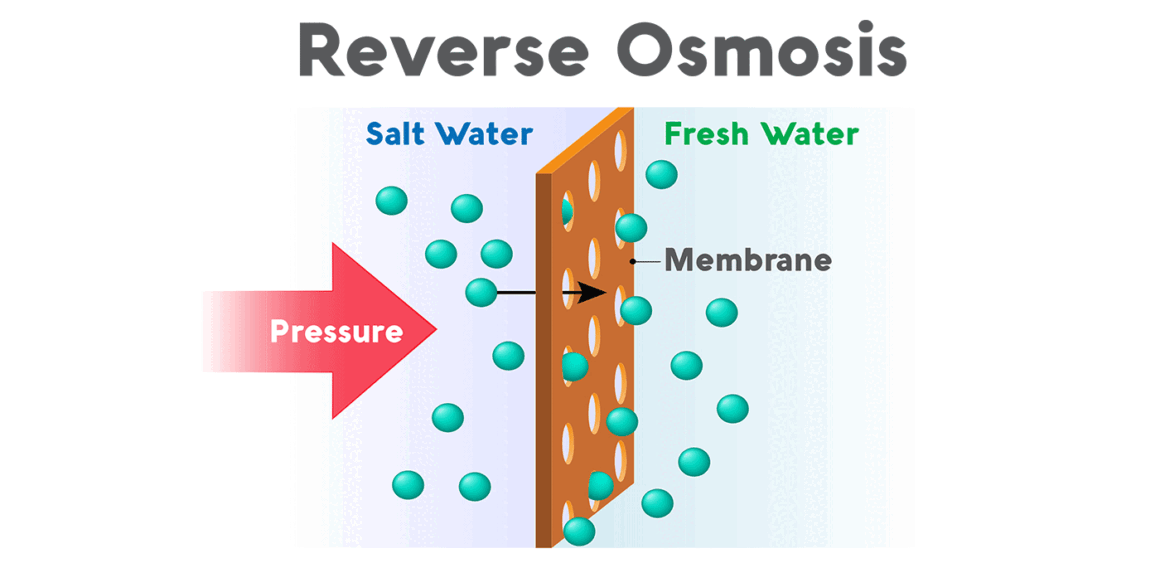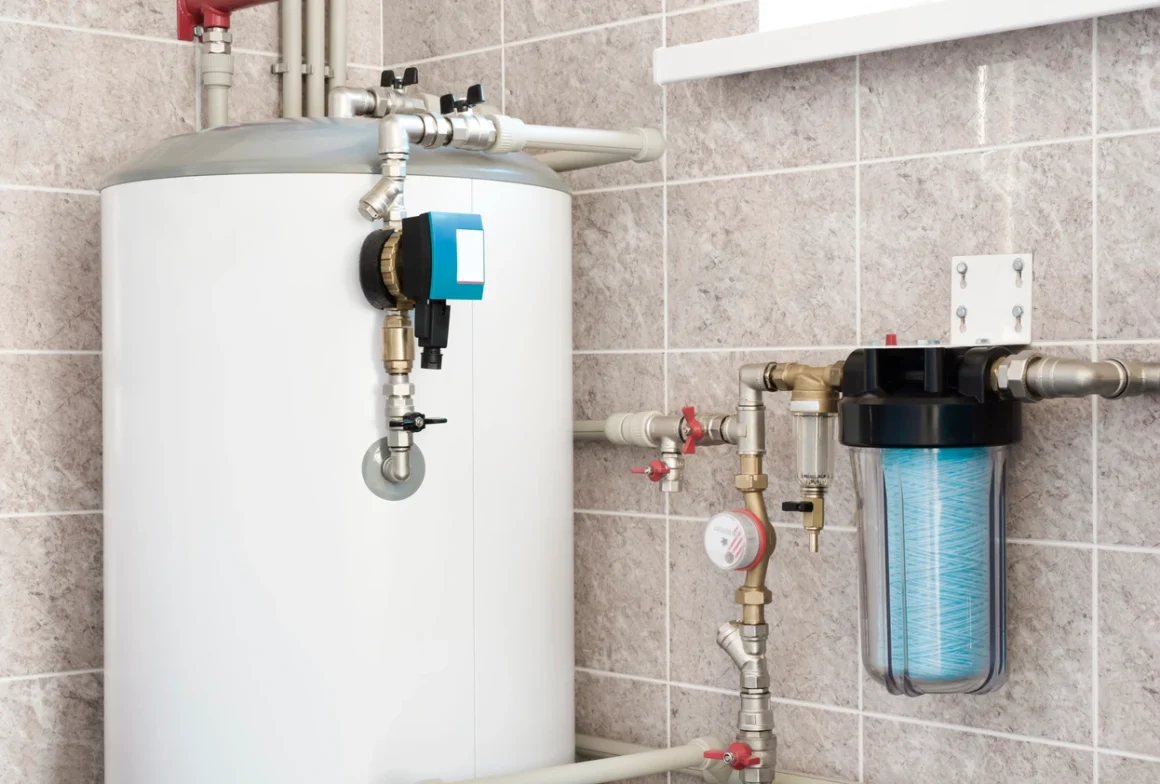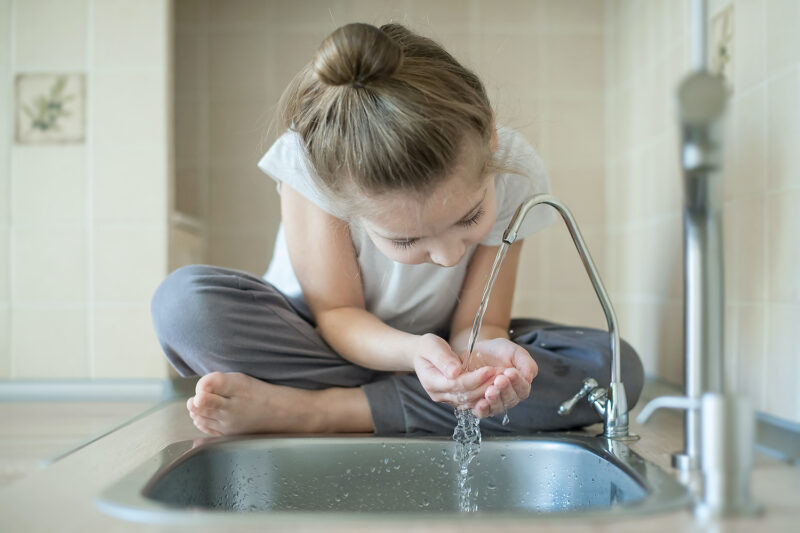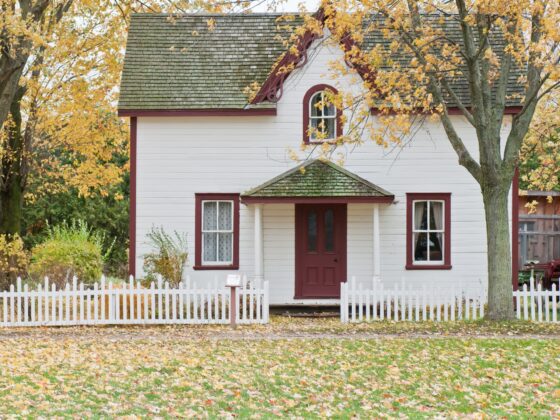Water is water — or so you might think. In truth, water can be categorized in all sorts of ways, depending on what it is being used for. Within your home, you use water in myriad ways: to drink, wash, tend to landscape, swim and play in, and more.
Yet, if you live in some regions in the U.S., the water pumped into your home could be saturated with minerals like calcium and magnesium. If you pay attention, you may be able to feel these minerals when you wash your hands or shower, and over time, these minerals will build up inside your pipes, on your faucets, in your sinks, and over items in your home like glassware and flatware.
Mineral-rich inside the home is typically called hard water, and it can be difficult to live with. Fortunately, there is a solution: softeners.
How a Water Softener Works

A water softener works to remove the minerals from hard water, making the plumbing around your home gentler on your skin and kitchenware. There are three types of softeners you might consider:
- Reverse osmosis softeners pass through a membrane that removes about 98 percent of all impurities that can be present in water, including bacteria, lead, arsenic, and more. However, this type of softener is exceedingly expensive to acquire and run.
- Salt-free softeners use a mechanical filter to catch the minerals found in hard water. Unfortunately, this type of softener cannot remove heavier minerals, like magnesium, which means it is not effective in many places with the hardest water.
- Ion exchange softeners are by far the most common softeners because they are affordable and extremely effective. They work by flowing hard through a tank of negatively charged beads, which replace the hard mineral ions with sodium ions, which do not have the same effect.
Installing a softener is a job best left to professionals, but because softeners are so easy to maintain, you should be able to keep it running on your own.
Pros and Cons of Water Softening

As with any major home improvement, adding a softener has plenty of advantages as well as some disadvantages. These include:
Advantages
Water softeners are easier to use. Soft water is safer for appliances, like laundry machines and dishwashers, and it will not cause unsightly build-up in toilets and showers.
Water softeners are better for plumbing. The minerals in hard are harsh on the entire plumbing system, so softening household water is a way to ensure fewer plumbing disasters — which softeners could be home improvements that lower home insurance rates.
Water softeners create healthier water. Many homeowners find themselves drinking more water after installing a softener because their water tastes more pleasant. Soft water is also better for skin and hair, which can be clearer and softer without constant exposure to hard minerals.

Disadvantages
Water softeners add sodium to the water. The sodium ions added by softeners are safe for the vast majority of homeowners, but if you or a member of your household is sensitive to sodium consumption, you may need to use a different kind of water softening system. What’s more, sodium-rich water cannot be used in landscape irrigation, as it will poison most plants, and the excess sodium can damage septic systems, as well.
Water softeners wastewater. To keep the system functioning properly, most water softeners waste upwards of 150 gallons of water per week. If you live in an area where water rationing is in effect, a water softener might not be an economical or sustainable choice.
Do You Need a Water Softener?

The decision to install a water softener in your home is a personal one. If you are troubled by the taste and feel of the hard water around your home — if your old plumbing system is struggling to manage the heavy minerals, and if your appliances are already showing undue wear-and-tear — you might relish the opportunity to soften your water. While the best home insurance might cover the damage caused by hard water, it cannot make hard minerals go away as a water softener can.


